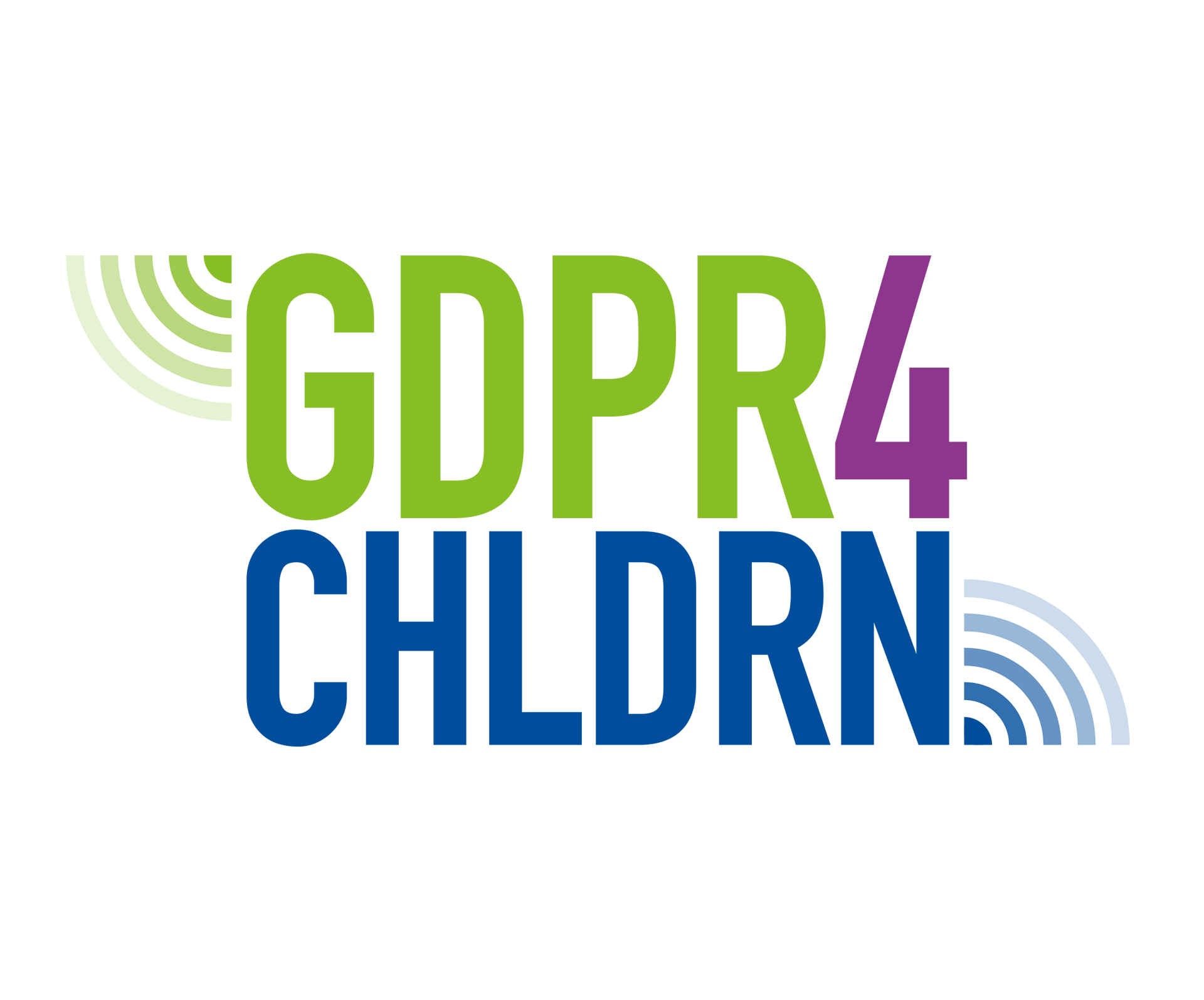6. Only process accurate personal data and rectify inaccurate data

The requirement of accuracy means that any personal data being processed must be accurate and up to date. Inaccurate personal data must be rectified or erased without delay.
The controller must ensure the accuracy of the personal data being held by it. Ensuring the accuracy of personal data is especially important when it is used to make decisions related to the data subject. Inaccurate data can sometimes have serious consequences. For example, a participant’s health could be endangered if the provider of camp meals knows that they are allergic to apples but does not have information about the participant’s nut allergy.
The controller must have methods for evaluating the accuracy of data on a regular basis and updating the data as required. Data subjects also normally have the right to request the rectification of inaccurate data and the erasure of unnecessary data.
If a controller obtains data from another controller, the source of the data should be written down in a comment attached to the data. If the data turns out to be inaccurate, this information can then be conveyed to the original controller as well.
When correcting personal data, make the changes everywhere it is being stored or processed. Collecting data directly from participants and asking them to notify the hobby organiser of any changes is a good way of ensuring the accuracy of personal data.

